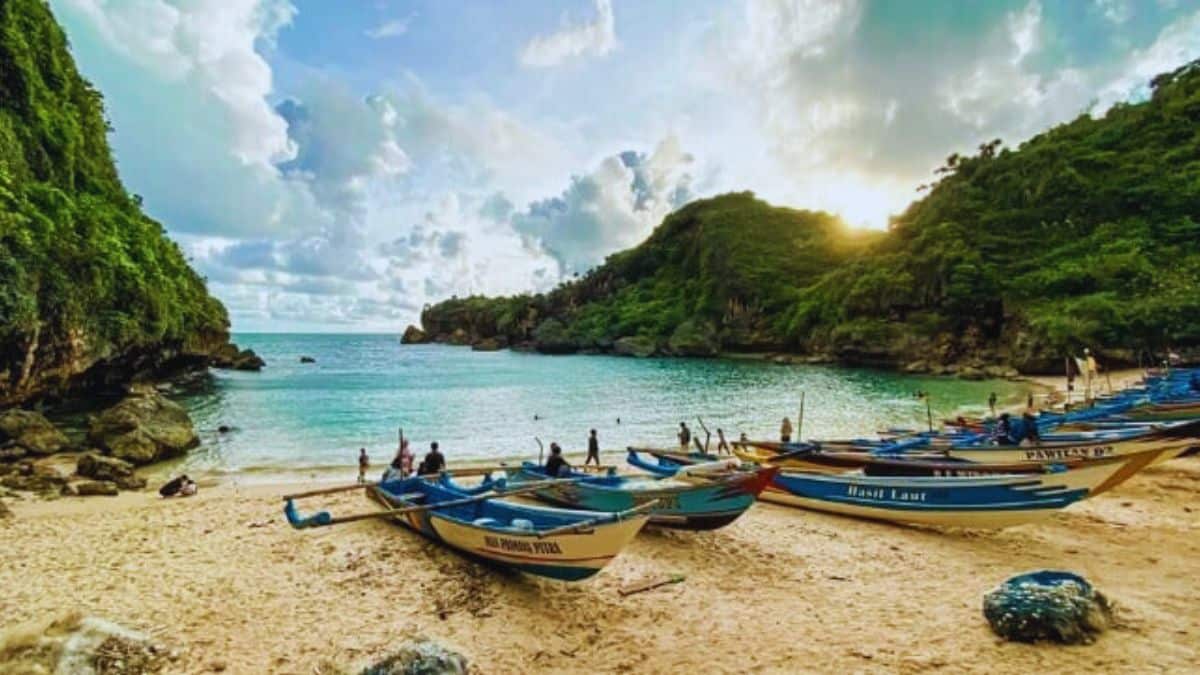As global climate negotiations continue to emphasize the urgency of addressing environmental impacts, a crucial question looms over the distribution of “loss and damage” climate funds: Will these resources effectively reach those most affected, such as small-scale fishermen?
At the recent UN Climate Conference, the establishment of a dedicated fund for loss and damage was hailed as a landmark decision. This fund aims to support communities suffering the severe effects of climate change, particularly those in vulnerable sectors like fishing, which faces increasing threats from rising sea levels, ocean acidification, and extreme weather events.
Fishermen, particularly in developing coastal regions, are on the front lines of climate-induced challenges. Their livelihoods are increasingly at risk due to diminishing fish stocks, habitat destruction, and the adverse effects of unpredictable weather patterns. Despite the promise of the loss and damage fund, there are growing concerns about whether the funds will reach these grassroots communities in a timely and effective manner.
Critics argue that bureaucratic hurdles and complex funding mechanisms could delay or dilute the assistance intended for those who need it most. Historical precedents suggest that funds intended for similar purposes often face significant administrative and logistical barriers before they reach the intended beneficiaries.
To address these issues, there is a call for transparent and streamlined processes that ensure funds are directed to local organizations and initiatives that directly support fishermen. Efforts are underway to establish frameworks that facilitate direct access to funds, enhance community engagement, and ensure accountability in fund distribution.
Furthermore, the involvement of local stakeholders in the decision-making process is seen as crucial. Fishermen and their representatives must be actively included in discussions about fund allocation and project implementation to ensure that the aid addresses their specific needs and challenges. As the global community grapples with the complexities of climate finance, the effectiveness of the loss and damage fund in supporting fishermen will be a critical test of international commitment to equitable climate action.

